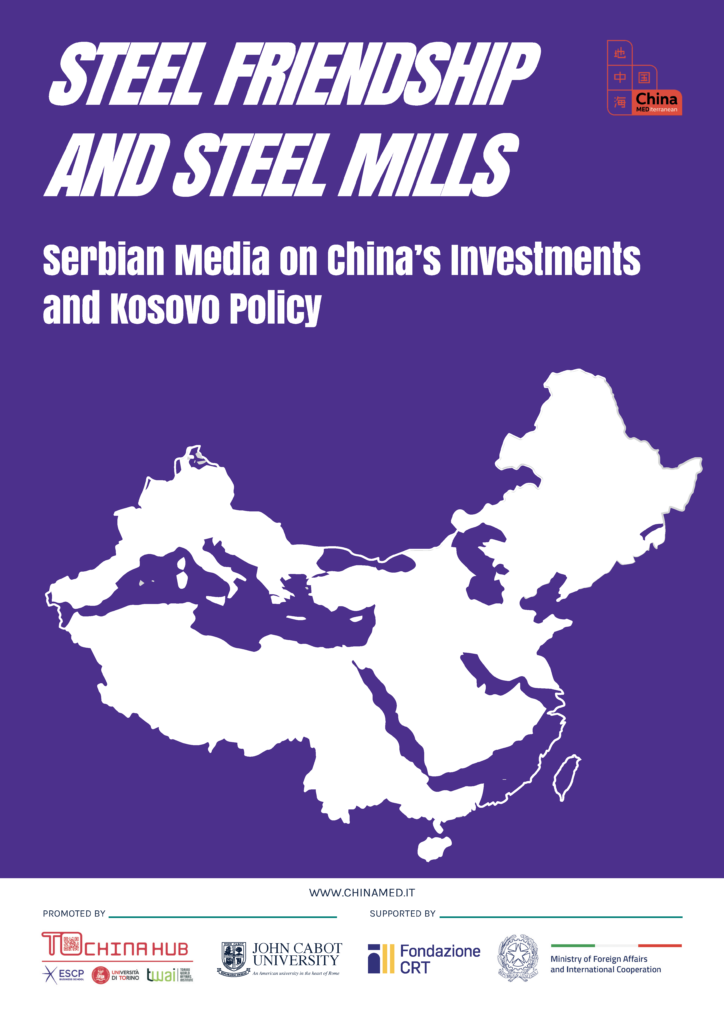
Amid concurrent political crises in Serbia and Kosovo, Serbian media and analysts have increasingly focused on China’s growing influence in the Western Balkans. In Serbia, the deadly collapse of a newly renovated train station canopy in Novi Sad, which claimed sixteen lives and sparked mass protests, has renewed international scrutiny of the nexus between Chinese investment and domestic corruption. Meanwhile, in Kosovo, inconclusive parliamentary elections have left Prime Minister Albin Kurti struggling to form a governing coalition, with his assertive policies in Serb-majority northern municipalities continuing to strain relations not only with Belgrade, but also with the European Union and the United States.
In this fraught context, public opinion of China in Serbia remains largely favorable. This is attributable, in part, to the longstanding diplomatic solidarity between Belgrade and Beijing: China opposed the NATO intervention in Yugoslavia, refused to recognize Kosovo’s 2008 declaration of independence, and has consistently reaffirmed its support for Serbian territorial integrity. Moreover, China has emerged as a key financier of Serbian infrastructure, resource extraction, and manufacturing projects, including the ill-fated renovation of the Novi Sad train station. Against this background, China’s pro-Serbia stance on Kosovo, coupled with its visible economic engagement, continues to receive enthusiastic endorsement from Serbian officials and pro-government media.
However, local independent analysts and civil society organizations present a more nuanced perspective. Many interpret Beijing’s position on Kosovo not as a reflection of principled solidarity, but as an extension of its own concerns, particularly regarding Taiwan. Meanwhile, Serbian NGOs and journalists have raised red flags regarding the labor practices, lacking transparency, and environmental consequences associated with Chinese-backed projects.
Download

Corso Valdocco 2, 10122 Torino, Italy
Sede legale: Galleria S. Federico 16, 10121 Torino
Copyright © 2026. Torino World Affairs Institute All rights reserved
